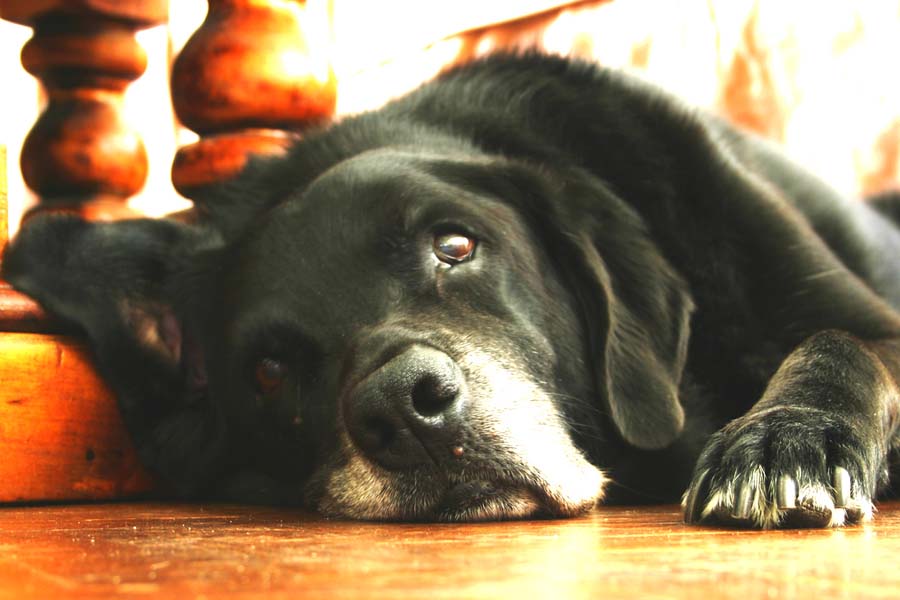A Turramurra Vet Article
Top 5 Tips to Prepare your Dog for Being Home Alone

Top 5 Tips to Prepare your Dog for Being Home Alone
by Katie Bedrossian, Pet Behaviour Consultant
Your doggy companions have probably loved having you home more often during lockdown or you may have welcomed a puppy into your home over this period, who has never had the opportunity to be home alone.
How can you prepare them for when your routine gets back to normal?
Read on for my top 5 tips to help them stay relaxed whether you are at home or not:
- Positive, gradual separations at your dog’s pace. If you have some time before you have to head back to work, gradually increase the time your dog spends home alone. For new dogs in your household start with just the ‘calm transition to departure’ below and head out the front door and then come straight back inside. Build up 5 minutes at a time to 30 minutes before making bigger time jumps. Practice this at least twice daily.
- Calm transition to departure. 5-10 minutes prior to leaving, give your dog a chew or treat toy (using it to lead your dog into their home alone space if needed). Stay where your dog can physically reach you, but don’t directly interact. After 5-10 minutes calmly leave.
- Calm arrival home. On arrival home, scatter treats on the ground to reduce jumping up and calmly acknowledge your dog (massage, stroking, slow talking). No excitable voices or play for the first 5 minutes.
- Leave continuous music playing. While TV or radio works for some dogs, most do best without the talk breaks. Classical music has been clinically proven to soothe dogs.
- Try Adaptil diffuser in the home alone space or near your dog’s bed. This is a calming pheromone that is canine specific with no side effects. You can get this product from us over the counter.
The above tips are great for dogs without any signs of separation distress or anxiety. If your dog or puppy does not settle quickly with these tips and your dog is struggling to remain home alone for a longer duration of time, please contact us to organise a behaviour consultation with Katie Bedrossian. Katie will then be able to discuss your dog’s behaviour challenge in more depth, so she can formulate an environmental modification plan. In more severe cases of separation anxiety, a veterinary health assessment is advised, particularly if prescription medication is required.

